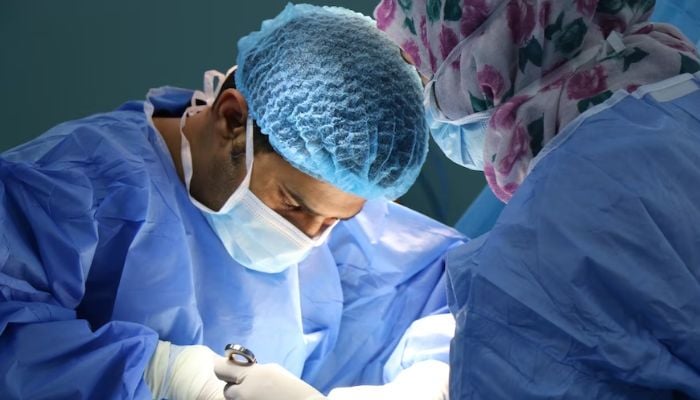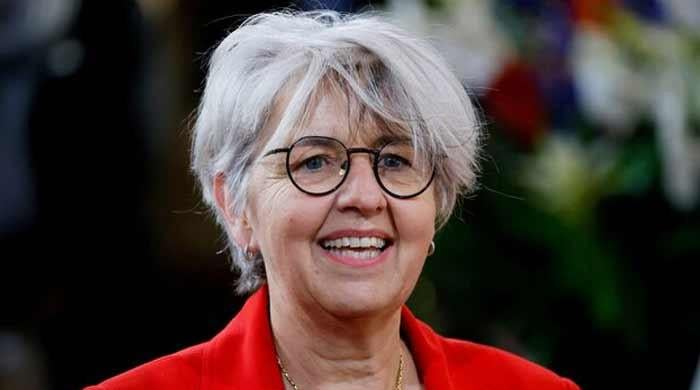Doctors optimistic after world's first partial heart transplant on newborn
Before transplant, doctors told Tayler and Nick Monroe, parents of newborn, that this kind of surgery had only been previously performed on pigs
September 16, 2022

- Partial transplant surgery on infant Owen Monroe took eight hours.
- Owen is happy and healthy at home with his parents.
- Surgeons might have given birth to new field of cardiac surgery.
Surgeons from Duke University have performed the first-ever partial heart transplant operation on a newborn baby, Medical Express reported.
The surgery took a total of eight hours where doctors fused living arteries and meddled with the valves from the donor's heart, fitting them into the newborn's heart.
With this operation, surgeons might have given birth to a new field of cardiac surgery.
Before the transplant, doctors told Tayler and Nick Monroe, the parents of little Owen, that the kind of surgery had only been previously performed on pigs.
It is not clear whether Owen will suffer from long-term effects but months after the surgery, he seems to be thriving which makes medical professionals hopeful they can help more children.
The operation lead, Dr Joseph Turek, said that this was a "profound development in pediatric heart surgery in a long, long time."
Owen Monroe was born with a rare cardiac condition due to which his two main arteries of the heart were fused together. The valve too leaked blood.
Doctors initially had two options: they could either perform a full transplant or use tissue from a corpse's heart in an extremely risky process.
The first option meant waiting for up to six months for a donor organ which was not a possibility for Owen as he was not expected to live that long with a leaking heart.
The second was problematic too because the dead tissue simply would not grow and Owen would have needed surgeries all his life, risking his life every time.
Doctors did not find any option reliable enough to save the child's life.
"Necessity truly is the mother of invention," said Dr Michael Carboni, Owen's pediatric transplant cardiologist.
Explaining the sensitivity and complexity of the matter, Turek said cardiac surgery on babies is risky because the replaced valves and arteries need to grow with the rapidly growing baby.
Before this surgery, doctors would replace the heart entirely. As a result, the patient would receive anti-rejection medications all their life or need multiple risky open-heart surgeries.
The partial transplant, however, could combine the benefits of the previous two approaches.
Partial transplants can also allow doctors to utilise the donor hearts that are wasted due to deficiencies which are half the hearts.
Even in Owen's case, the heart that was used was originally cast aside as its muscles were too weak. However, since the valves were intact, surgeons made good use of them.
Surgeons admit that they are not entirely sure what Owen's future will look like medically.
For now, little Owen is happy and healthy at home with his parents and has no medical emergency. He grows and behaves like any other five-month-old.









